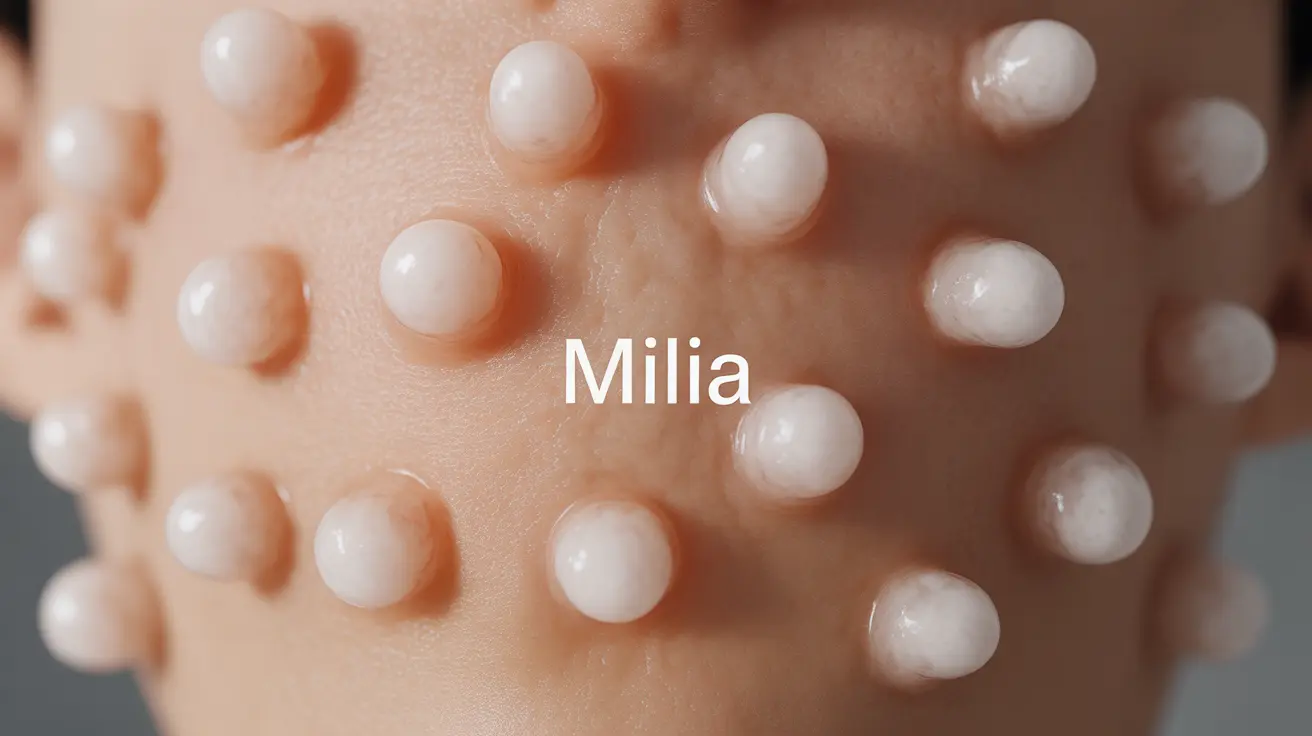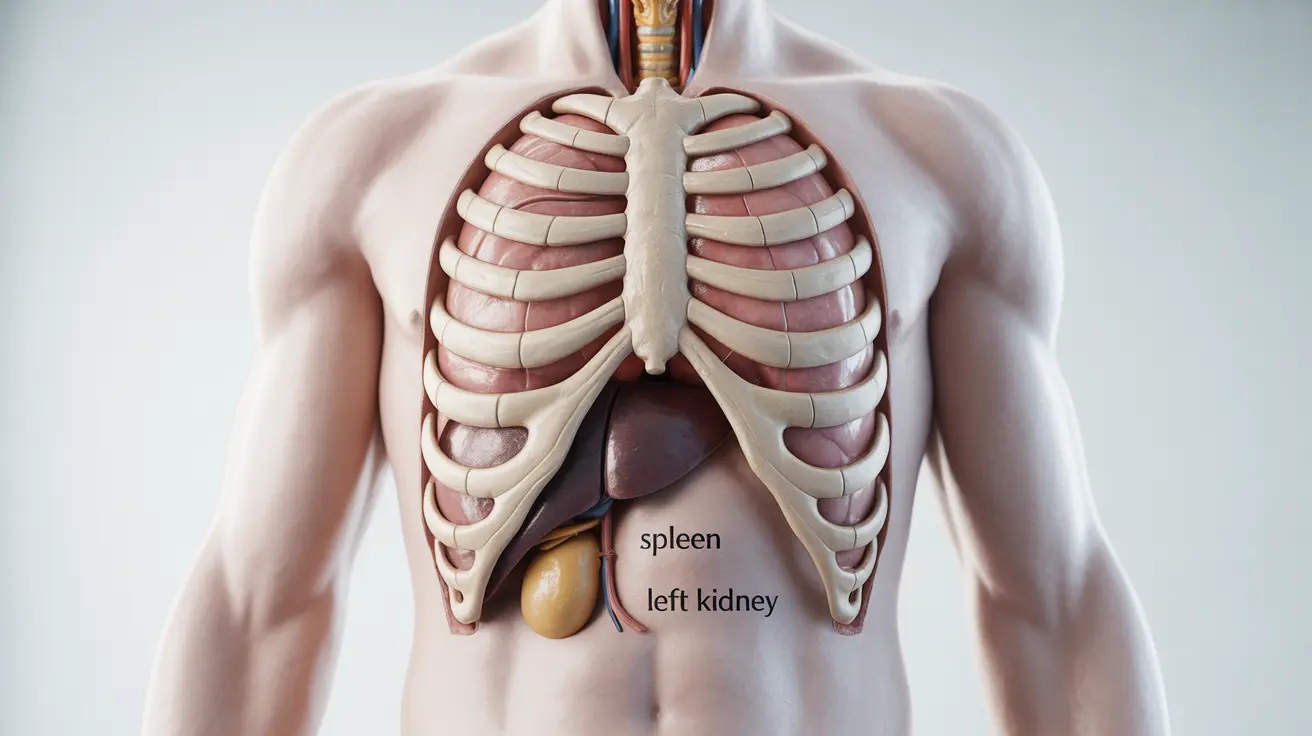Anxiety and appetite are closely interconnected, and many people experience a decrease in their desire to eat when dealing with anxiety or stress. Understanding how to restore your appetite while managing anxiety is crucial for maintaining both physical and mental well-being.
This comprehensive guide will explore effective strategies to help you regain your appetite while addressing anxiety-related eating challenges. We'll cover practical solutions, dietary approaches, and important signs that indicate when professional help might be needed.
Understanding the Anxiety-Appetite Connection
When anxiety strikes, your body enters a "fight or flight" response, triggering various physiological changes that can suppress hunger. The stress hormone cortisol increases, while digestive functions often slow down, leading to reduced appetite and sometimes even nausea.
These natural responses can create a challenging cycle: anxiety reduces appetite, which can lead to poor nutrition, potentially worsening anxiety symptoms and overall well-being.
Practical Strategies to Restore Your Appetite
Start with Small, Frequent Meals
Begin by eating smaller portions more frequently throughout the day. This approach is less overwhelming than facing large meals and helps maintain steady blood sugar levels, which can help manage anxiety symptoms.
Create a Structured Eating Schedule
Establish regular meal times and stick to them, even if you don't feel particularly hungry. This helps train your body to expect food at certain times and can gradually help restore natural hunger cues.
Nutrition Tips for Anxiety-Related Appetite Loss
Choose Nutrient-Dense Foods
Focus on foods that provide maximum nutrition in smaller portions:
- Greek yogurt with berries
- Nuts and seeds
- Smoothies with protein powder
- Whole grain toast with avocado
- Protein-rich soups
Incorporate Anxiety-Reducing Foods
Some foods may help reduce anxiety while providing essential nutrients:
- Foods rich in omega-3 fatty acids
- Complex carbohydrates
- Magnesium-rich foods
- Foods high in B vitamins
- Probiotic-rich foods
Lifestyle Modifications to Support Appetite Recovery
Practice Stress-Reduction Techniques
Implement anxiety-management strategies such as:
- Deep breathing exercises before meals
- Mindful eating practices
- Regular physical activity
- Adequate sleep hygiene
- Meditation or yoga
Create a Positive Eating Environment
Make mealtime more appealing by:
- Eating in a calm, pleasant setting
- Removing distractions like phones or TV
- Sharing meals with supportive people
- Using pleasant lighting and comfortable seating
When to Seek Professional Help
Consider consulting a healthcare provider if you experience:
- Significant weight loss
- Persistent anxiety that interferes with daily life
- Physical symptoms like dizziness or weakness
- Inability to eat for extended periods
- Symptoms that don't improve with self-help measures
Frequently Asked Questions
How can I get my appetite back after losing it due to anxiety?
Focus on establishing regular meal times, starting with small, frequent meals throughout the day. Practice stress-reduction techniques before eating, and gradually build up to larger portions as your appetite improves.
What should I eat when I have no appetite because of anxiety?
Choose easily digestible, nutrient-dense foods like smoothies, soups, yogurt with fruit, or whole grain toast with protein-rich toppings. These options provide essential nutrients without feeling overwhelming.
How long does it take for appetite to return after anxiety improves?
Recovery varies by individual, but appetite typically begins improving within a few days to weeks as anxiety levels decrease. Maintaining consistent eating habits during this time can help speed up the process.
What are the best home remedies or natural ways to improve appetite loss from anxiety?
Effective natural remedies include regular exercise, stress-management techniques, establishing meal routines, getting adequate sleep, and creating a calm eating environment. Herbal teas like chamomile or ginger may also help.
When should I see a doctor for loss of appetite caused by anxiety?
Consult a healthcare provider if you experience significant weight loss, persistent anxiety symptoms, physical weakness, or if your appetite doesn't improve after trying self-help measures for several weeks.




